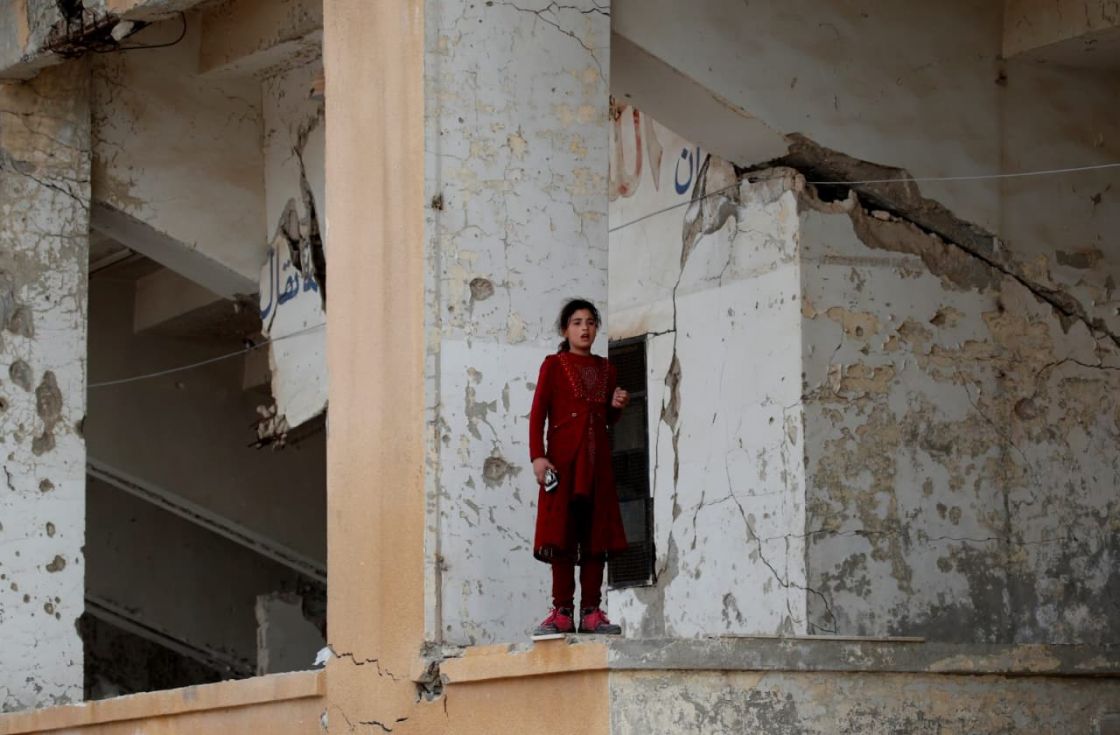- Editorials
- Posted
Turning East… Economically and Politically
“We believe that this resolution (i.e., UNSC Resolution 2585 on aid) will contribute to achieving a political settlement in this Arab Republic (i.e., Syria) as soon as possible and to stabilizing the situation in the Middle East in general”.
The previous statement is by Russian Ambassador to the US, Anatoly Antonov, on July 13, and it is one of several important indicators that point in one direction, which is summarized in the following two issues:
First: We have reached a point in time when US withdrawal has become a reality that is rapidly underway, from Afghanistan and Iraq then Syria, and perhaps it is more accurate to say: withdrawing from Iraq and Syria, because it is not possible for the US to continue in Syria after leaving Iraq.
Second: A political solution based on the full implementation of UNSC Resolution 2254 is no longer just a general consensus, but is now on the table for a joint search for concrete implementation mechanisms, within specific timeframes.
Among the first issues that will be put on the Syrian solution table, are those directly related to the lives of Syrians, and especially the socioeconomic aspect thereof. Among them are certainly issues like reconstruction, investment issues, and the country’s general economic orientation during the next stage.
Although some continue trying to manipulate by considering these issues as mere “technical” and “administrative” issues, in their depth they are political and social issues. What can be initially noted in this context are the following observations:
First: The required volume of investments cannot be made through individuals, but through mechanisms led by the state apparatus in particular.
Second: Within this guidance process, the investment should not be random, but rather on the basis of a clear and binding investment map that establishes a new, productive Syria that is not economically dependent and not internally plundered, as has been the case for decades. This is because the Syrian experience has proven that investment can not only not contribute to growth, but can also be a plundering investment, which is the prevailing situation in investments sponsored by the influential and ruling elites starting from Investment Law No. 10 of 1991 and until today.
Third: One of the most important conditions for reconstruction that is in the interest of all Syrians is to turn east, not with slogans, but in reality. The fact that this slogan has not been achieved despite it being raised many years ago is not surprising. The composition of the influential groups in Syria, as a state apparatus and as a market, is a composition that for decades has played the role of a broker for the European in its process of plundering the country and the people, something that appears in our exchanges with the Europeans, which were about 70% of our total exchanges before 2011. However, it also appears in the various major economic figures and indicators, atop of which is the economic distortion in its various dimensions, where the non-productive dominates the productive; the industry and agriculture lag behind and all sorts of obstacles are put in the path of their real development; tourism, services, and trade are cheered on and hailed at the expense of real production; the brains being alienated and expelled for decades before 2011; and other policies that represent controlling economic groups whose role does not exceed that of a broker for Western plundering, who puts in his pocket his share of that plundering and maintains a political structure commensurate with this brutal pattern of wealth distribution, by reducing the ceiling of political freedoms to the lowest possible limits.
Away from selling slogans and worthless general rhetoric, the practical tasks that lie before Syria and Syrians in the stage of actual political solution based on 2254 and beyond, require a profound and fundamental change in the Syrian state apparatus and the Syrian political system, whereby plundering brokers are weakened and restricted. The implementation of the international resolution will only be the entry point towards this process, towards which the struggle should continue and achieve tangible results to preserve Syria and its people.


